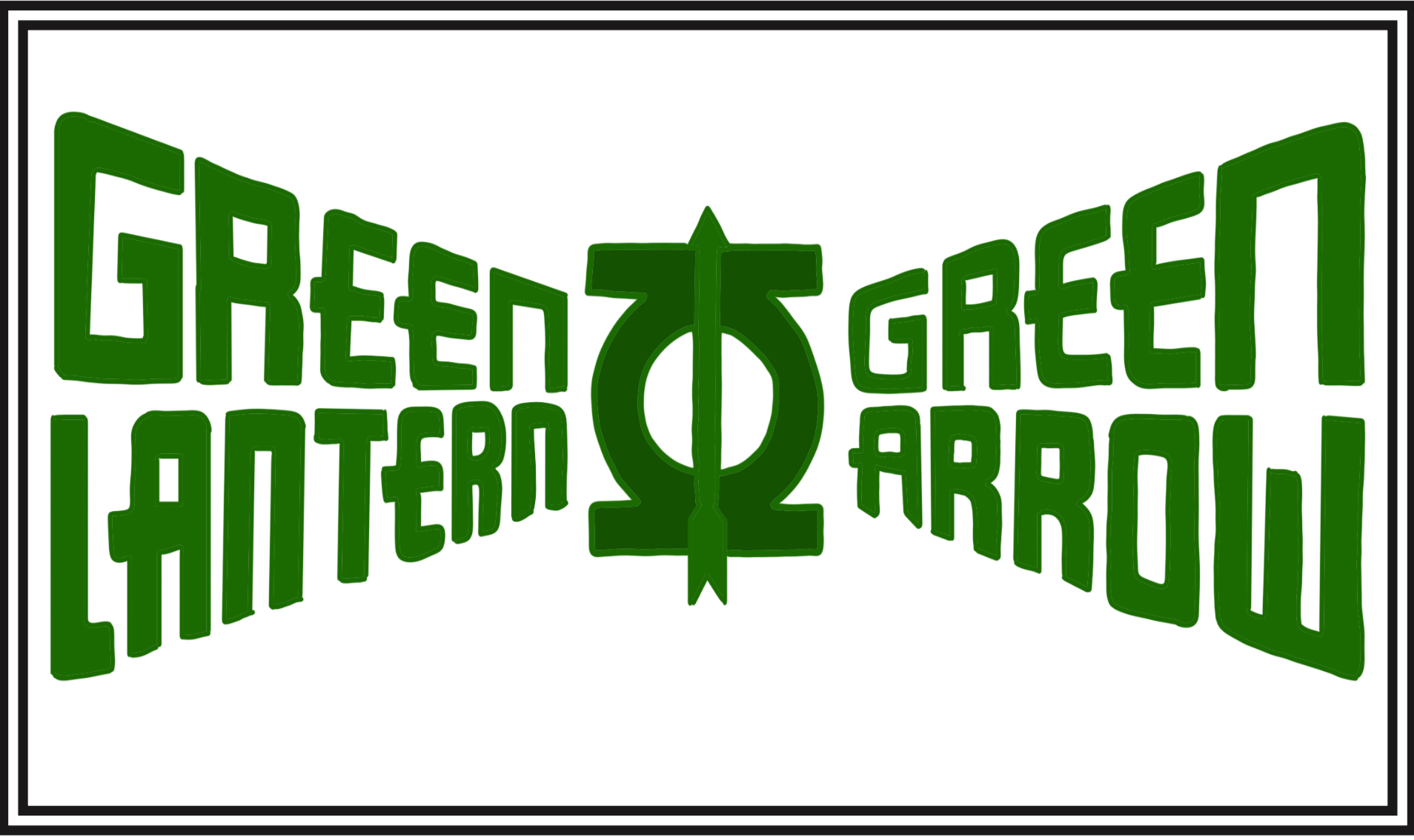If you were to ask what the most important or influential comic series of all time is, you’d likely get a whole range of answers from “Action Comics #1”, the debut issue of Superman, to “Superman #75” – the death of Superman. For me, however, one of the most influential comic runs of all time has to be Neal Adams and Denny O’Neil’s classic “Green Lantern/Green Arrow” run from the 1970’s.
The O’Neil/Adams run tackled a host of hot button social issues of the day such as racism and corruption. The series introduced John Stewart, a Black superhero who defied many harmful stereotypes of the day. He continues to be a major player in comics to this day.
The series is perhaps most famous, however, for its “Snowbirds Don’t Fly” arc in which we learn Green Arrow’s sidekick Speedy was addicted to heroin. In a time where the Comics Code of Authority–a 1954 government regulation that controlled comic content–still loomed large over the industry, O’Neil and Adams’ decision to run this story without their stamp of approval was huge. The gamble paid off, with “Snowbirds Don’t Fly” being lauded by then-mayor of New York, John Lindsay, for its relevance and merit. Despite widespread acclaim, however, sales of the title were meager and DC ended the run in 1972.
When I first experienced this run I had read a few comics before, but never anything that grabbed my attention. Everything changed when I checked out “Green Lantern/Green Arrow: Hard Traveling Heroes”. This comic absolutely blew my mind. As someone raised in a conservative environment where authority was respected without question, I could immediately relate to Hal Jordan, the stalwart establishment figure. It was through his emerald-masked eyes I was introduced to a complex world view from Hal’s foil, Oliver Queen, the liberal, temperamental Green Arrow.
Growing up, I’d always seen the world in black and white, with a clear distinction between right and wrong. But reading this comic was the first time I realized life wasn’t that simple. The seemingly obvious bad guy might actually have been a victim of a system set against them by powerful, corrupt people. As I moved further through the book, I skewed closer to Green Arrow. He was someone who saw the establishment as a corrupt, self-serving beast that blocked real social change from happening. Now, Green Arrow is one of my all-time favorite characters because I am able to relate to him so much more. I’ve become the “hot-tempered anarchist” that Denny O’Neil revised the character to be. This revision has become central to Oliver Queen’s character.
So what is the point of all of this? Well, frankly, I wanted to talk about “Green Lantern/Green Arrow” for a little bit. But I also wanted to make a point about the comic industry. Comics are often seen as immature kid stuff, lacking any real literary merit. Over the last few decades this outlook has largely changed, but some stigma surrounding comic books still remains in the cultural consciousness. I think my experience with “Green Lantern/Green Arrow” is central to seeing comics as something more than just cheap adventure stories.
I don’t think I would have been nearly as receptive to a more nuanced worldview unless it came from characters I related to. I wasn’t being lectured to or told I was stupid, I was being met on my level and shown through the eyes of a character I strongly identified with that things were not as great as I thought they were.
Which is what we need these days. Was the comic dated? Yes, and unfortunately, a lot of the problems present in the comic still persist today, even if they’ve changed appearance a little. Like any great literary or artistic work, I found “Green Lantern/Green Arrow”’s message to be timeless. It was something so moving, and it has the potential to completely change how someone views the world. Because, at the very least, that’s what it did for me.

